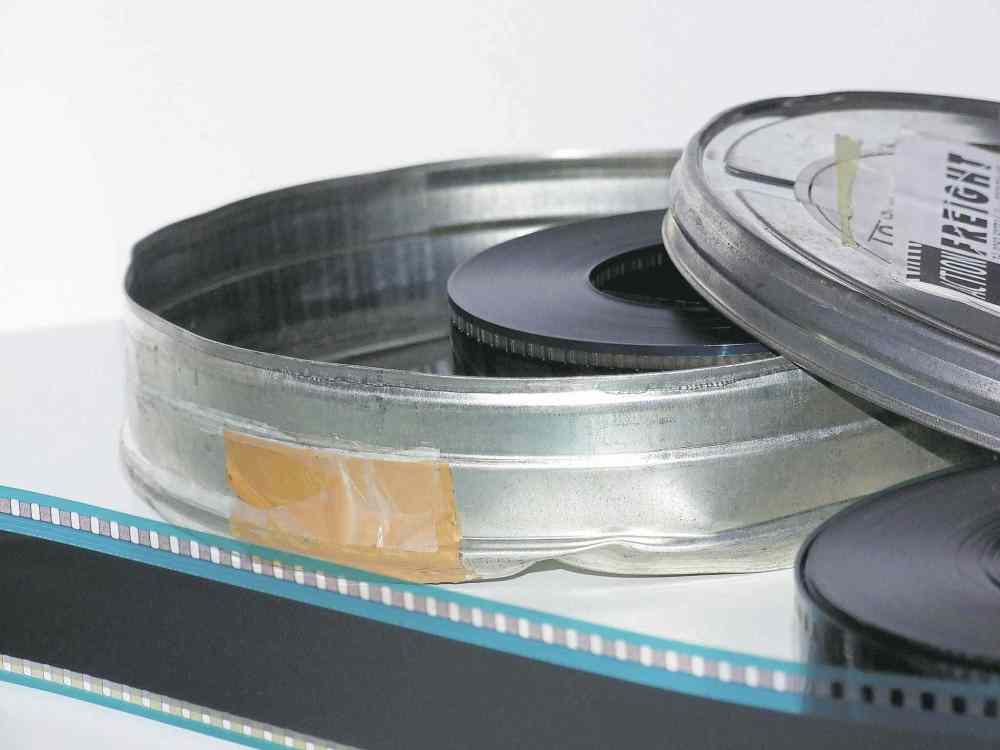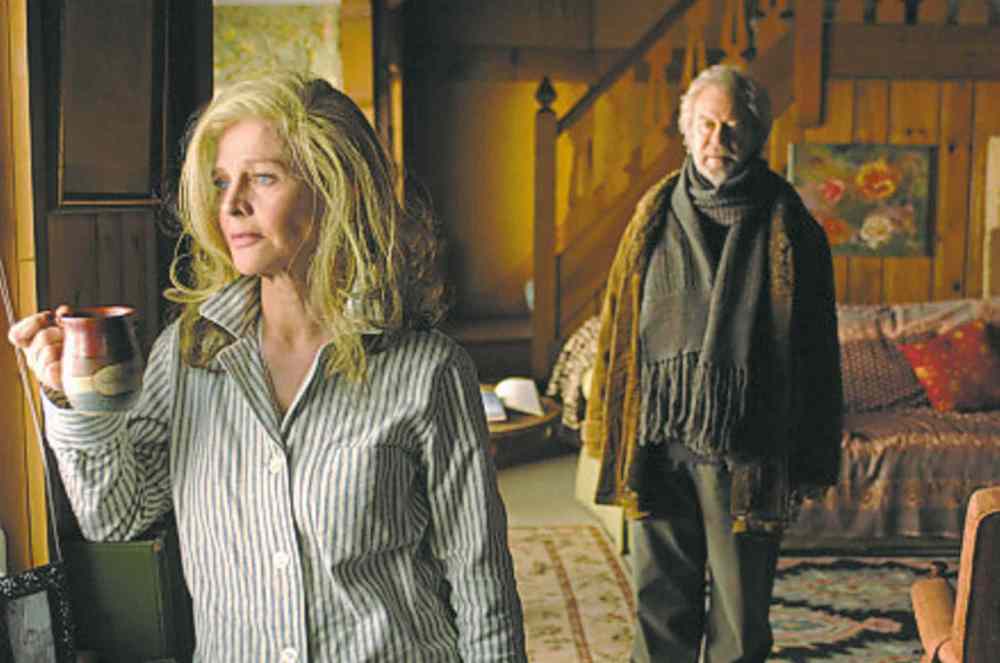So it is written…
Cinematheque program explores tricky business of translating novels into films
Advertisement
Read this article for free:
or
Already have an account? Log in here »
To continue reading, please subscribe:
Monthly Digital Subscription
$0 for the first 4 weeks*
- Enjoy unlimited reading on winnipegfreepress.com
- Read the E-Edition, our digital replica newspaper
- Access News Break, our award-winning app
- Play interactive puzzles
*No charge for 4 weeks then price increases to the regular rate of $19.00 plus GST every four weeks. Offer available to new and qualified returning subscribers only. Cancel any time.
Monthly Digital Subscription
$4.75/week*
- Enjoy unlimited reading on winnipegfreepress.com
- Read the E-Edition, our digital replica newspaper
- Access News Break, our award-winning app
- Play interactive puzzles
*Billed as $19 plus GST every four weeks. Cancel any time.
To continue reading, please subscribe:
Add Free Press access to your Brandon Sun subscription for only an additional
$1 for the first 4 weeks*
*Your next subscription payment will increase by $1.00 and you will be charged $16.99 plus GST for four weeks. After four weeks, your payment will increase to $23.99 plus GST every four weeks.
Read unlimited articles for free today:
or
Already have an account? Log in here »
Hey there, time traveller!
This article was published 28/01/2015 (3932 days ago), so information in it may no longer be current.
Don’t call it a book club. Call it a book-to-movie club.
Cinematheque’s program From Novel to Screen conjoins a book-club premise — registered participants are asked to read one of five novels (plus one short story) every month — with a movie club addendum: The films based on those six works are also viewed and discussed.
Cinematheque programming co-ordinator Dave Barber says he chose the program with input from host Alison Gillmor and University of Manitoba film professor George Toles with an eye for diversity and Canadian content.

For example, the sixth film in the series, Rachel Rachel, may be primarily known as the directorial debut of Paul Newman.
“Not as many people know the story was set in Manitoba and it’s an adaptation of Margaret Laurence’s A Jest of God,” Barber says.
The topic of adaptations should be fertile ground for book and movie lovers alike. Hollywood history is rich with stories of bestselling books adapted to film, going back to the silent era. The 1925 version of Ben-Hur was an adaptation of a Lew Wallace novel first published in 1880. The film was remade in 1959 as an epic starring Charlton Heston and another remake is in the works for 2016, proving that Hollywood can exploit a popular novel indefinitely.
In Hollywood’s Golden Age, the most important novel to be translated to film was Gone With the Wind, which debuted in 1939, just three years after the publication of Margaret Mitchell’s novel. Such was the popularity of the book, everyone had an opinion on the film’s casting, but the consensus of putting Clark Gable in the role of Rhett Butler was so pervasive, it took producer David O. Selznick two years just to secure the actor for the role.
The novel-to-film phenomenon may have peaked in 1972, when it seemed each week saw a new movie based on a book.
A partial list: Deliverance; Cabaret (inspired by Christopher Isherwood’s novel Goodbye to Berlin); The Getaway; Slaughterhouse-Five; Man of La Mancha; Fat City; Sounder; The Other; Travels With My Aunt; Trick Baby; Portnoy’s Complaint; Siddhartha; The Carey Treatment; Tropic of Cancer; and Play It As It Lays.
Towering above all those was The Godfather, an enduring classic adapted from the Mario Puzo bestseller by Puzo himself and director Francis Ford Coppola.
It may be said the brilliance of the screenplay was in knowing what to cut from the book and what to keep. The film left in Michael Corleone’s transformation for straight arrow to Mob boss, and the attendant treachery of his Five Families Mob nemeses. But it jettisoned extraneous stuff such as Johnny Fontane’s movie-singing career resurgence, or the in-depth gynecological issues faced by Sonny Corleone’s mistress, Lucy Mancini.
Knowing what to cut is a talent worth having, according to novelist Dennis Lehane, which is the reason he has never adapted any of his own novels — including Mystic River, Shutter Island and Gone Baby Gone — to film.
“I don’t know how to do it,” Lehane said in a recent interview in Toronto publicizing The Drop, which Lehane did adapt from his short story, Animal Rescue.
“You have to cut out 89 per cent of a novel,” he says. “You don’t cut out the bone but you tend to cut out the meat, but it’s knowing what kind of meat to cut out.

“And I have zero perspective on that. So I never adapt my own novels and I never will,” he said. “It’s way easier to expand (a short story).”
The novel-to-movie journey is far less prevalent today, notwithstanding the efforts of directors such as David Fincher (Gone Girl, The Girl with the Dragon Tattoo) and the successes of the Harry Potter series, Peter Jackson’s ponderous adaptations of J.R.R. Tolkien’s books and the outsized box office performance of the young-adult-targeted Hunger Games series. These days, the most prevalent book-to-movie configuration encompasses comic books.
It may be the novel-to-movie dynamic is becoming obsolete, at least according to Lehane.
“I think the equivalent of the short story in the film world is film. The equivalent of a novel is television,” Lehane said, citing the series he helped write, The Wire, as an ideal medium for capturing both the novel’s narrative sprawl and its intricate detail.
A few spots are still available for the discussion groups. Call 204-925-3456 (ext. 106) to register.
randall.king@freepress.mb.ca

In a way, Randall King was born into the entertainment beat.
Our newsroom depends on a growing audience of readers to power our journalism. If you are not a paid reader, please consider becoming a subscriber.
Our newsroom depends on its audience of readers to power our journalism. Thank you for your support.
History
Updated on Tuesday, January 27, 2015 6:51 AM CST: Replaces photo, changes headline, adds question for discussion

